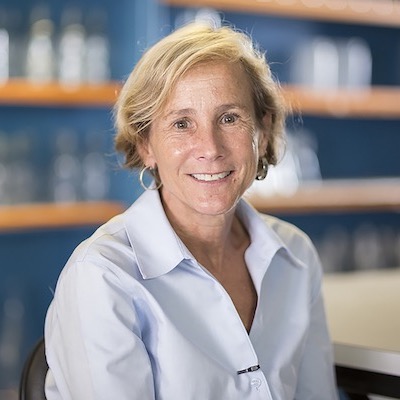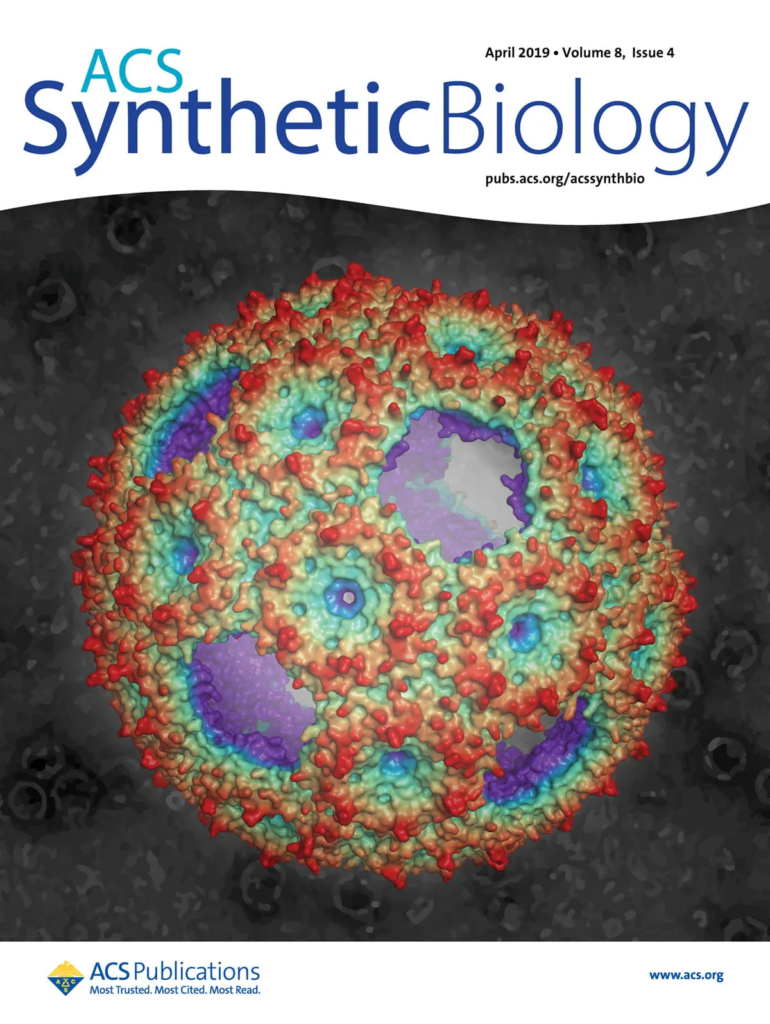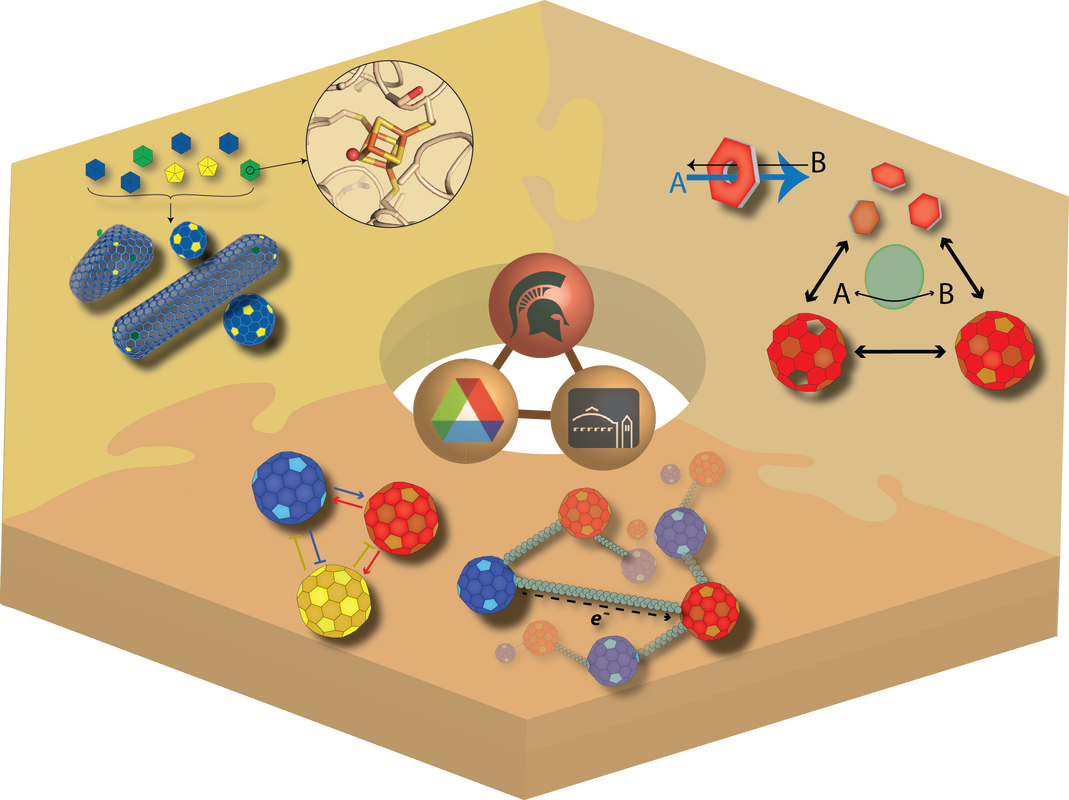With $10.65 million in support from the U.S. Department of Energy (DOE), a new Energy Frontier Research Center based at Michigan State University (MSU) has been established. Led by Cheryl Kerfeld, whose lab operates at MSU and Lawrence Berkeley National Lab, the Center for Catalysis in Biomimetic Confinement (CCBC) will explore how nature compartmentalizes some of its most important biochemical reactions.

“We’ll be taking not only the principles—like modularity and hierarchical assembly—but also some of the building materials that nature uses to compartmentalize reactions that would otherwise be toxic or inefficient,” said Kerfeld, who is also an affiliate faculty scientist in the Environmental Genomics and Systems Biology (EGSB) Division at Berkeley Lab. “If we’re successful, even partially, we can help address global challenges related to energy and the environment.”

The natural processes and materials that the CCBC team is looking to mimic are found in what are known as bacterial microcompartments. Kerfeld and her colleagues have been instrumental in revealing the form and function of these tiny polyhedral capsules first observed in bacteria over 60 years ago. The microcompartments house specific biochemical functions in an insulated environment, by means of protein shells that encapsulate enzymes. By packaging enzymes into a compartment, bacteria can accumulate and concentrate reactants used by the catalysts, making biochemical reactions more efficient.
“What’s so promising is that different bacteria use essentially the same principles and building blocks to assemble architecturally similar shells but functionalize their interiors differently with a range of diverse enzymes,” Kerfeld explained. “This suggests we can use this same basic building block set to construct prefab nanofactory shells and then customize their production by installing the catalytic machinery of our choice.”
The CCBC assembles a group of experts from MSU, Berkeley Lab, and Argonne National Laboratory. Markus Sutter, a senior research associate in the Kerfeld lab, which operates at MSU and Berkeley Lab, is part of the team, as are Corie Ralston and Paul Ashby, both staff scientists at Berkeley Lab’s Molecular Foundry.
Read more at the MSUToday stories page.




